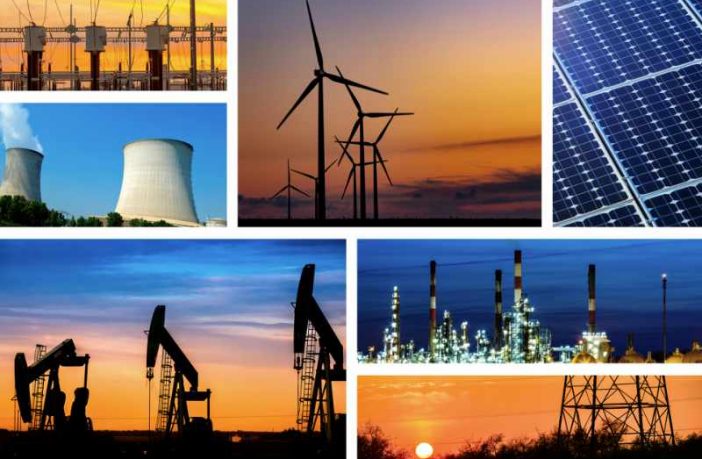- The potential for increasing renewable energy demand, combined with the electrification of transportation and oil and gas companies’ increased participation in the electricity value chain, is accelerating industry convergence.
In the latest analysis from Deloitte, 2021 renewable energy industry outlook, the consulting firm looks at the top five trends fostering industry collaboration and presented a market outlook for the year ahead.
1. Deal activity rises across the value chain as stakeholders consolidate positions
Renewable energy dealmaking will likely rise in 2021 as companies, utilities, and governments prepare to meet ambitious climate targets.
Different types of industry players will likely consolidate their positions across the value chain. And a growing number of special-purpose acquisition companies (SPACs) entering the clean energy space may also boost investment in renewable companies.
2. Emerging hydrogen economy expands clean energy infrastructure
As decarbonisation proceeds, many industry stakeholders are considering hydrogen production and storage projects, in addition to wind and solar, to find ways to cut carbon emissions.
In 2021, as renewable penetration on the grid increases, green hydrogen development is expected to follow because of its potential to act as seasonal storage of fuel available on-demand to generate power for grid balancing.
3. New battery business models emerge at utility and residential scale
Energy storage is becoming one of the fastest-growing asset classes in the energy industry. Falling costs and maturing technology are making use cases for storage more economical, which could enable storage to provide multiple functions, from ancillary grid services to on-demand power.
4. Wind is going offshore
The wind industry’s frontiers are expected to increasingly move offshore in 2021. As utilities focus on decarbonisation and create net-zero targets, offshore wind holds great promise for many, thanks to its high capacity factors and deployment potential.
5. Onshoring to address COVID-19 and digitalising supply chains
Review of supply chains is likely to become a priority for stakeholders as the renewable energy industry strives to thrive in the post-pandemic era. In fact, shifts in sourcing have already been underway since 2018, as many installers have started diversifying their supply and announcing new manufacturing plants in the US.
The year ahead accelerating convergence
As the timeline to commercialise green hydrogen and new storage technologies accelerate, more power-to-x projects may emerge at the intersection of the power sector and adjacent industries.
The resulting increased participation of multiple cross-sectoral players may accelerate energy industry convergence and increase deal activity across the electricity value chain.
The renewables industry is expected to become increasingly resilient as it invests in safeguarding technology and data from cyberattacks and in mitigating the risks of supply chain disruption via onshoring and digitisation.
Read the full report HERE
Author: Nicolette Pombo-van Zyl
This article was originally published on ESI Africa and is republished with permission with minor editorial changes















